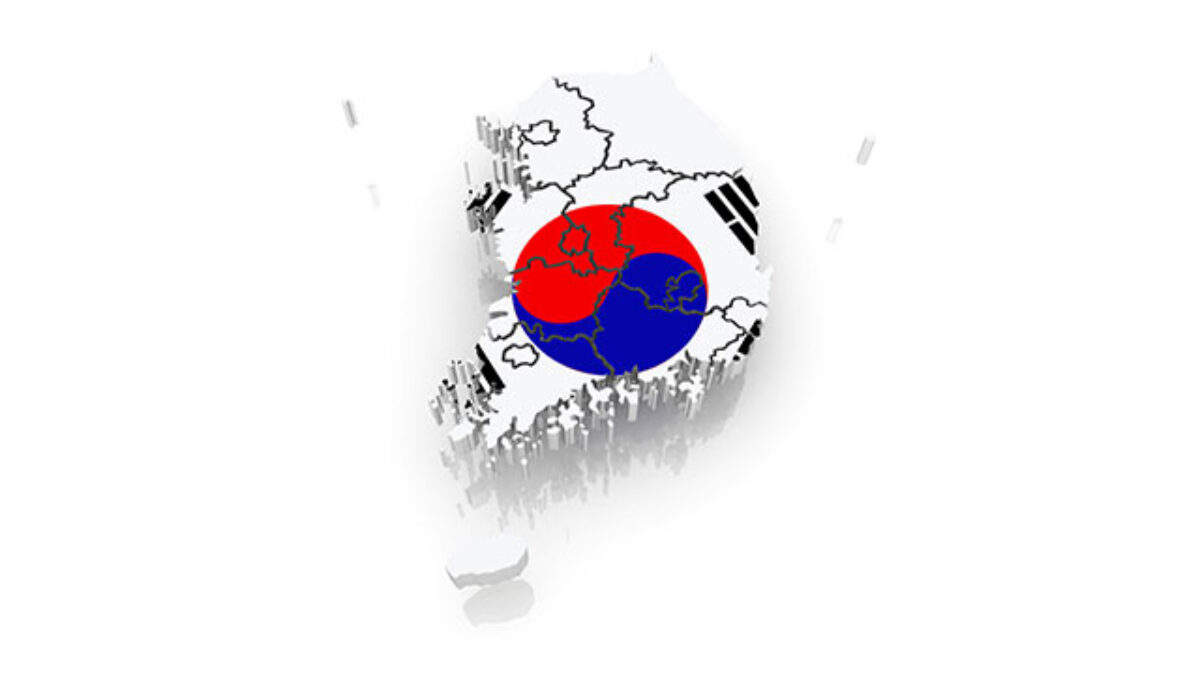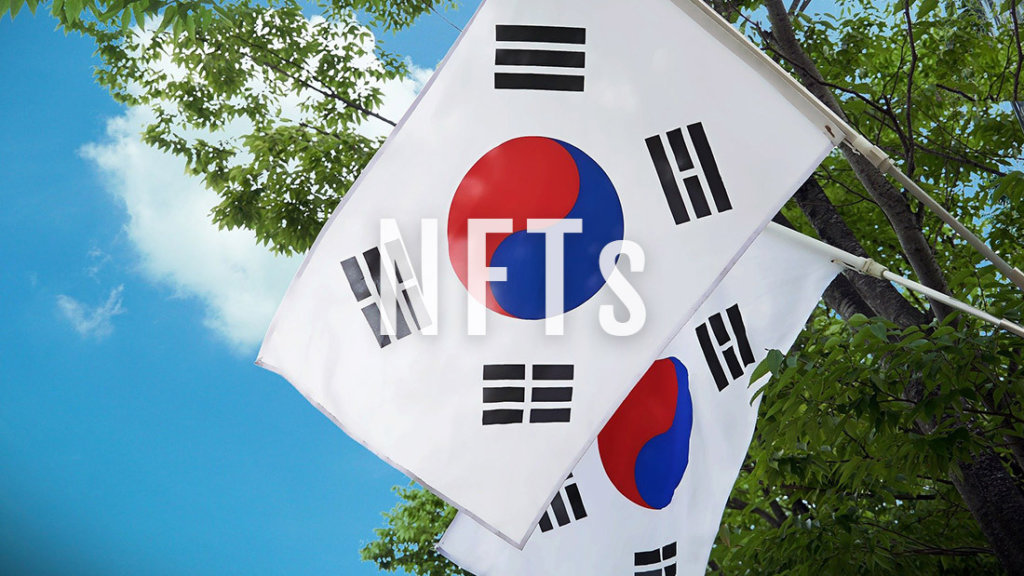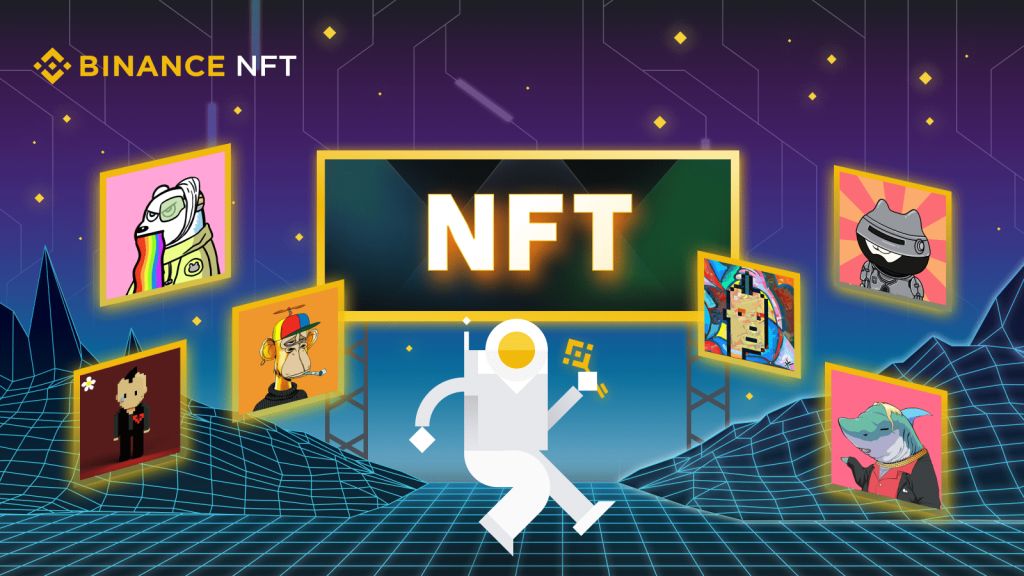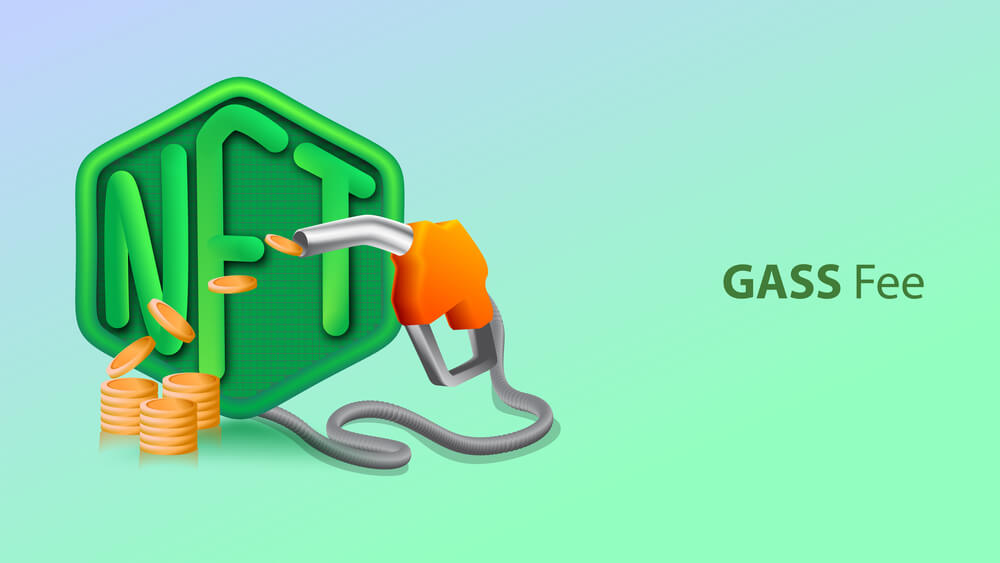South Korea may soon turn into the blockchain industry hub once again as more of its people are increasingly adopting different crypto innovations such as use cases of non-fungible tokens (NFTs) at relatively tremendous rates.
Recent data analysis confirmed that non-fungible token adoption has skyrocketed in South Korea this year, making it a leader in technological research and the blockchain realm.

As of 2020, according to the World Intellectual Property Organization, the small East Asian country was among the top-10 leading countries in the world on Global Innovation Index. That level of innovation is what elevated some retail consumers such as Samsung, LG, and game maker Krafton into now global giant tech.
Interestingly, those tech giants, and many others, are now gradually delving into the NFTs space, dropping new collectibles to the consumer while launching divisions of their company dedicated to developing NFTs. In this case, Samsung is a perfect example. The tech giant recently unleashed a series of LED TVs incorporated with an NFT option.
According to Alex Lim, the strategy lead at the Korea-based KlayChicken NFT project, there are several reasons attracting many retail consumers and the general public to NFTs that go beyond being a thank-you prize for a purchase. He noted:
“The NFT hype in South Korea stems from a mixture of sentiments… I believe that in the second half of the year, the time will come when the whole South Korean NFT industry takes a quantum leap.”
One reason attracting retail consumers to the NFT space is the lack of tax on digital assets in South Korea. The South Korean government delayed the crypto tax until 2023, but president-elect Yoon Seok-yeol may even push the tax further to 2024.
NFTs Are Not Massively Regulated In South Korea
Non-fungible tokens are not extensively regulated, unlike cryptocurrencies. Although local financial regulators at Financial Service Commission (FSC) are working on new rules, there is no existing regulatory framework for NFTs. This scenario has attracted many new marketplaces such as Upbit, Bithumb, and gaming giant Krafton to join the NFT market.
In a recent short interview, GM Chung, co-founder and CEO of South Korean blockchain ecosystem accelerator, DeSpread, said that he believes practical use cases of NFTs will become more common in South Korea:
“I expect NFTs to expand into a social on-chain profile layer, along with transaction history in the future.”
“Previously, the phenomenon of purchasing NFTs for community participation was done, but recently, the expansion of NFT utilities is now a major reason (for its rise in utilization).”
During his campaign, his Excellency President-elect Yoon successfully unveiled a series of non-fungible tokens (NFTs) to entice his followers and make them feel a sense of belonging to his upcoming regime.
Surprisingly, going beyond adopting NFTs, South Korean Hoseo University issued diplomas in NFT form to its more than 2,830 graduating students on March 18. According to the local news outlet Money Today, the University issued NFTs diplomas to improve accessibility, convenience for students and prevent the forgery of diploma certificates.
In that case, Chung is purportedly underestimating the utility market participants see in NFTs. Last month, the Ministry of ICT, Science, and Future Planning promised to support the development of a national metaverse with a $187.7 million grant, with many content creators expected to benefit most from the new grant.

Content Creators Reap Benefits
Many content creators are now enjoying the reward of increased demand for their services in developing NFT designs for many companies. In that context, a simple search for NFT on JobKorea, the leading search engine for many jobs in South Korea, produced more than 753 unique positions for content creators and developers.
Content creators have focused on making digital assets in in-game items and emojis for text messaging apps. This exposure in gaming and on social media makes Doo Wan Nam, the co-founder of a crypto investment firm, Stablenode, believe that many Koreans have adopted NFTs quite easily:
“Koreans are more open and understanding to NFTs, considering them another form of [a] digital asset.”
Lim asserted that many creators and businesses are including NFTs in their projects because they have now started seeing the potential and utility of NFTs.
Nonetheless, he acknowledged that building a supportive community to enhance brand power has always been inevitable for any content creator.
“NFTs have opened a new horizon for those who seek to materialize an ideal community where there is commitment, passion, and autonomy.”





